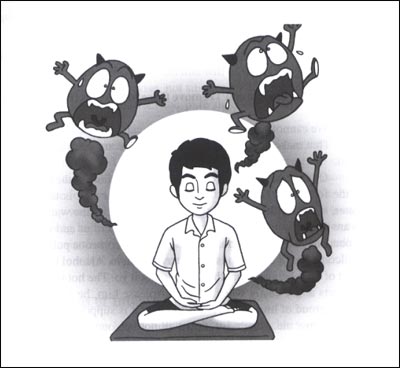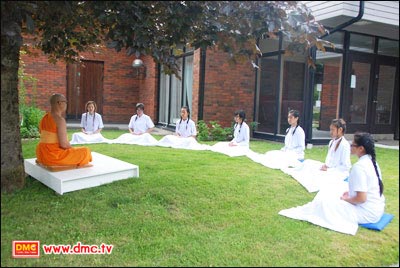ค้นหาบทความธรรมะ คำว่า : Enlightenment

Proud beyond land and sea limits
รับชม 7,965 ครั้ง

Dhammacakkapavattana Sutta for Pursuers of Perfection # 1
รับชม 6,450 ครั้ง

The Practice of Austerities#2
รับชม 8,762 ครั้ง

Gratitude # 2
รับชม 8,190 ครั้ง

Respect # 1
รับชม 1,609 ครั้ง

Respect # 2
รับชม 7,505 ครั้ง

Listening Regularly to Dhamma Teachings # 2
รับชม 6,754 ครั้ง

Abstaining from Unwholesomeness # 2
รับชม 2,696 ครั้ง

Humility # 2
รับชม 2,656 ครั้ง

The Noble Truth of the Path to the Cessation of Suffering # 5
รับชม 1,928 ครั้ง
